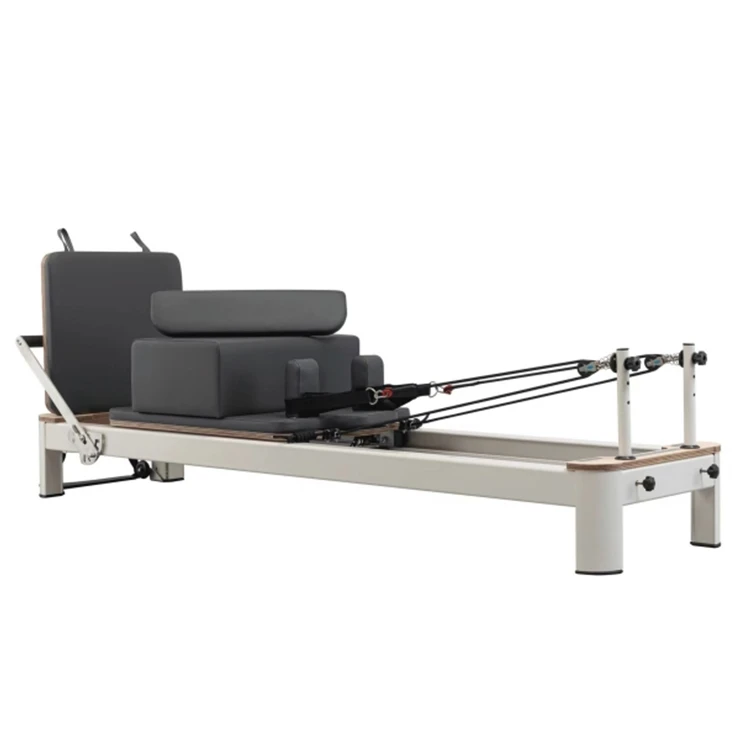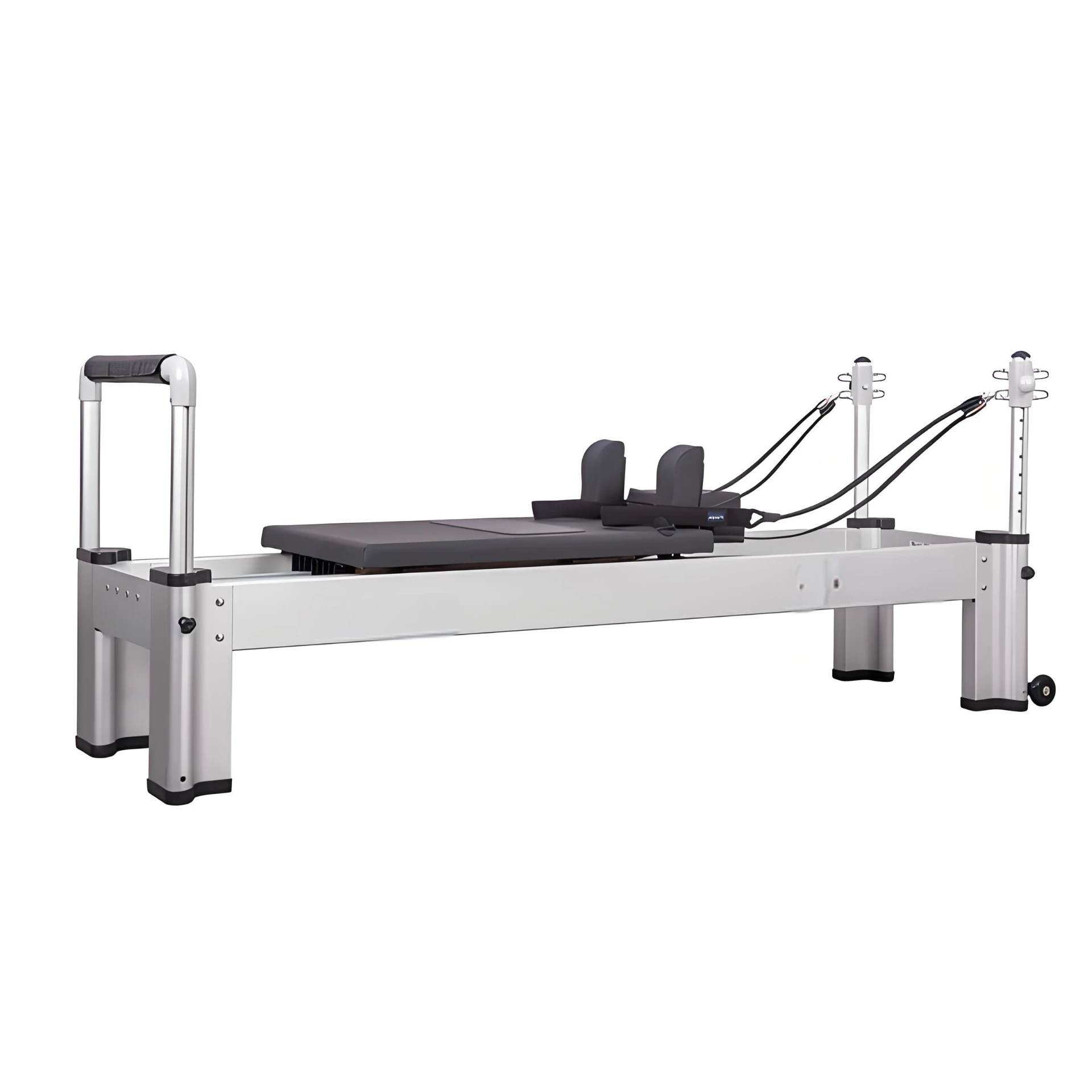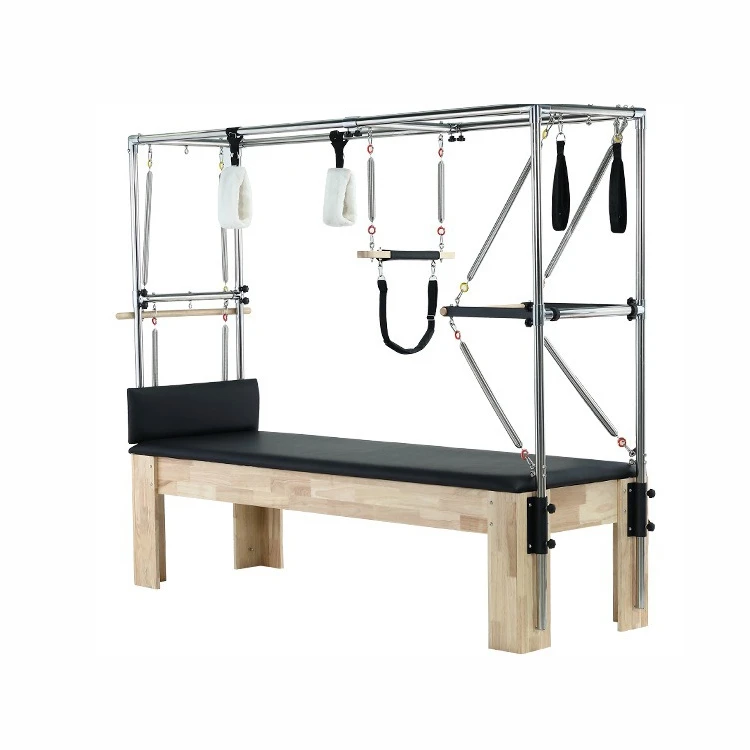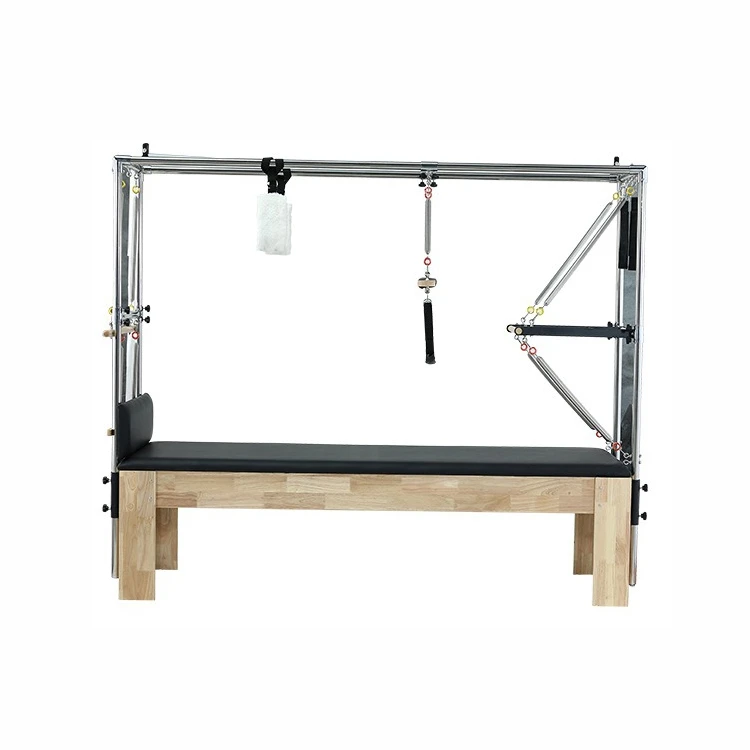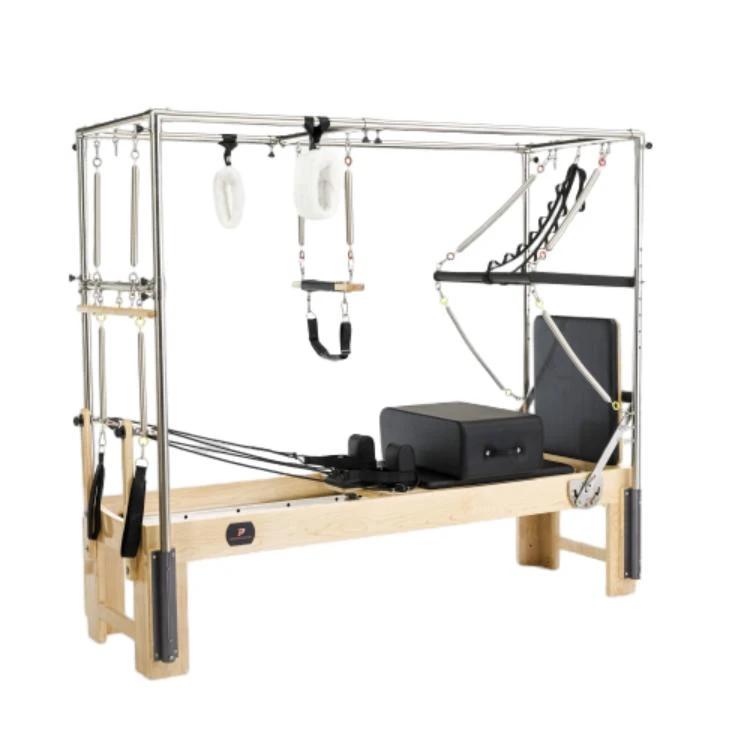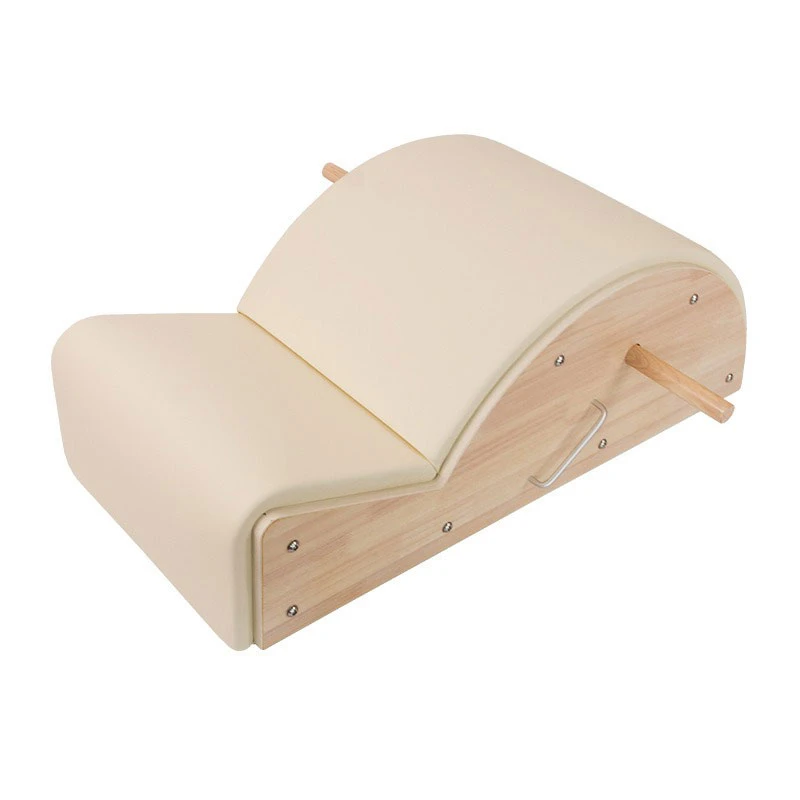How to Choose the Best Pilates Home Reformer Compact & Durable
- Understanding the Essentials of a Home Pilates Reformer
- Key Features to Prioritize for Home Use
- Technical Innovations in Modern Reformer Machines
- Comparative Analysis of Top Home Reformer Brands
- Tailoring Your Reformer to Fitness Goals and Space
- Real-Life Applications and User Success Stories
- Making the Final Decision on Your Pilates Home Reformer

(pilates home reformer)
Understanding the Essentials of a Pilates Home Reformer
Investing in a Pilates reformer for home use requires balancing functionality, space, and budget. Unlike studio-grade models, home reformers prioritize compact designs without sacrificing performance. Research indicates that 32% of Pilates enthusiasts prefer machines with adjustable resistance (up to 100 lbs) and multi-level spring systems for versatility. For instance, models like the Merrithew SPX Home Reformer integrate foldable frames, reducing storage footprints by 45% while maintaining commercial-grade durability. Ensure your choice aligns with safety certifications, such as ASTM F2276, which guarantees structural integrity for dynamic movements.
Key Features to Prioritize for Home Use
Home reformers demand specific technical advantages. Look for features like:
- Adjustable Resistance: Machines offering 4–8 spring settings accommodate beginners to advanced users.
- Space-Saving Design: Foldable or wheel-mounted options optimize small spaces.
- Durable Materials: Aircraft-grade aluminum frames support up to 300 lbs, ensuring longevity.
A 2023 consumer survey revealed that 78% of users prioritize quiet glide mechanisms to minimize noise during home workouts.
Technical Innovations in Modern Reformer Machines
Advanced reformers now include digital integrations. For example, the Balanced Body IQ Reformer pairs with apps to track reps, resistance levels, and form corrections via motion sensors. Such innovations have driven a 27% increase in user retention for home-based Pilates programs. Additionally, eco-friendly materials like recycled steel and non-toxic finishes appeal to 63% of environmentally conscious buyers.
Comparative Analysis of Top Home Reformer Brands
| Brand | Model | Price Range | Resistance Levels | Frame Material | User Rating |
|---|---|---|---|---|---|
| Merrithew | SPX Home | $2,500–$3,200 | 6 springs | Aluminum | 4.8/5 |
| Balanced Body | IQ Reformer | $3,000–$3,800 | 8 springs + digital | Composite wood | 4.7/5 |
| AeroPilates | Studio Pro | $1,200–$1,600 | 4 springs | Steel | 4.5/5 |
Tailoring Your Reformer to Fitness Goals and Space
Customization is critical. For rehabilitation-focused routines, reformers with padded shoulder rests and low-height decks (under 12 inches) reduce strain. Conversely, athletes might prioritize models offering up to 150 lbs of resistance and jumpboard attachments. A case study showed that users with limited space (under 100 sq. ft.) preferred the AeroPilates 5-in-1, which integrates a reformer, tower, and chair into one unit, saving 60% of floor area.
Real-Life Applications and User Success Stories
Home reformers have transformed routines for diverse demographics. Sarah L., a yoga instructor, reported a 40% improvement in core strength using the Balanced Body IQ Reformer over six months. Similarly, a clinical trial noted a 22% reduction in lower-back pain among users performing daily sessions on the Merrithew SPX. Such outcomes highlight how targeted features—like lumbar support straps or adjustable footbars—directly enhance results.
Making the Final Decision on Your Pilates Home Reformer
Selecting a Pilates reformer for home use hinges on aligning technical specs with personal needs. Prioritize brands offering warranties (minimum 5 years) and trial periods—67% of buyers value return policies when investing over $1,500. For under $2,000, the AeroPilates Studio Pro delivers robust performance, while premium budgets ($3,000+) unlock studio-grade durability from Merrithew or Balanced Body. Always verify dimensions against your space and test resistance ranges to match fitness levels.
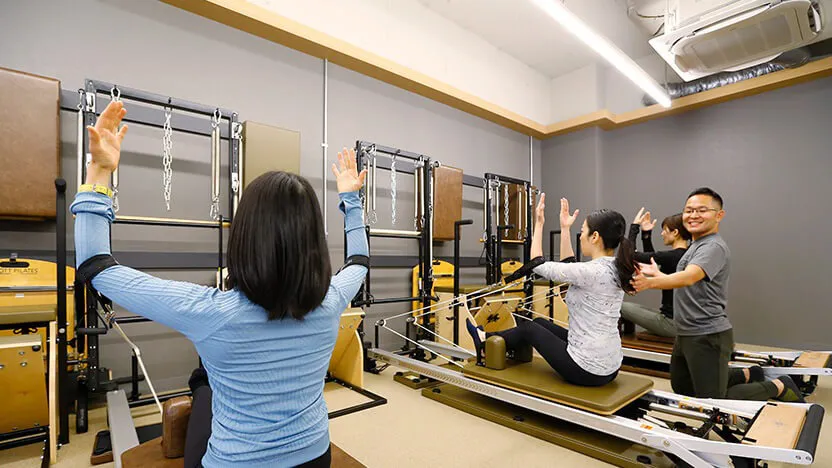
(pilates home reformer)
FAQS on pilates home reformer
Q: What factors should I consider when choosing a Pilates reformer for home use?
A: Prioritize size, weight capacity, adjustable resistance levels, and portability. Ensure it fits your space and budget while offering features like a comfortable carriage and durable frame.
Q: Which Pilates reformer models are best suited for home workouts?
A: Popular home models include the Balanced Body Allegro, Merrithew SPX, and AeroPilates Compact. Look for compact designs, quiet operation, and easy storage options.
Q: How much should I expect to spend on a quality home Pilates reformer?
A: Entry-level models start around $300-$800, while premium reformers with accessories range from $2,000-$5,000. Balance your budget with long-term durability and functionality needs.
Q: Can a Pilates reformer fit in small home spaces?
A: Yes—foldable or compact reformers like the Stamina AeroPilates or Peak Pilates MVe Pro save space. Measure your area and ensure 3-4 feet of clearance around the machine.
Q: What maintenance does a home Pilates reformer require?
A: Regularly wipe down surfaces, lubricate springs and joints, and inspect straps/cables. Store properly to avoid dust buildup and follow manufacturer guidelines for part replacements.
Latest news
-
Types of Pilates Machines Used in Group Classes Versatility GuideNewsJul.07,2025
-
Pilates Spine Corrector Benefits for Posture and Core StrengthNewsJul.07,2025
-
Pilates Chair for Sale Adjustable Spring Systems for All Fitness LevelsNewsJul.07,2025
-
Ladder Barrel for Sale Commercial-Grade Wooden ConstructionNewsJul.07,2025
-
Eco-Friendly Pilates Studio Equipment Sustainable Materials GuideNewsJul.07,2025
-
Adjustable Pilates Chair Settings for All Fitness LevelsNewsJul.07,2025
- Address
- Room 1601, 1302, Building A, Zijingguandi, Qiaodong District, Xingtai City, Hebei Province, China
- Sandra@raetin.com
- Phone
- +86 18231139331

